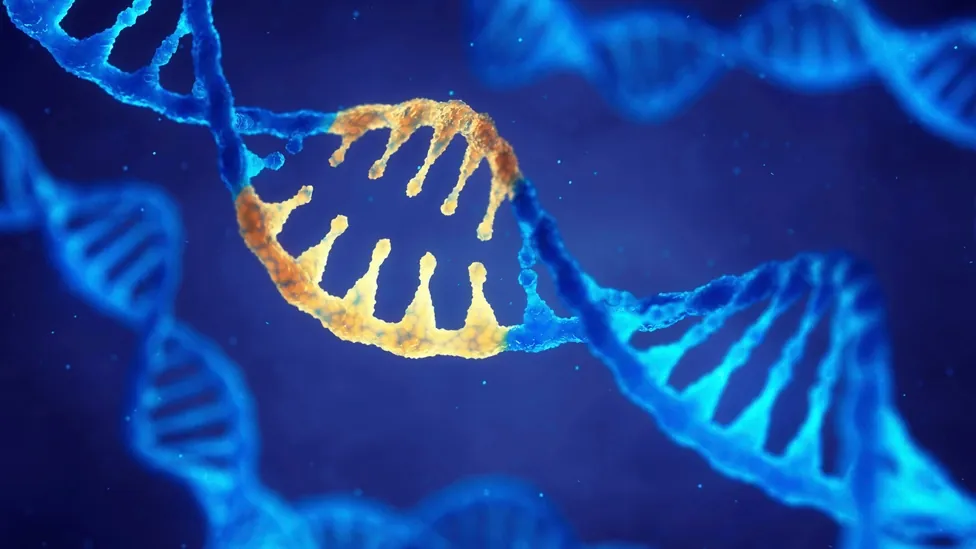A new genetic disorder associated with the MAP4K4 gene has been reported

Research Paper
Victoria Patterson et al., Abrogation of MAP4K4 protein function causes congenital anomalies in humans and zebrafish. Science Advances. 9, (2023).Researchers reported 21 families displaying neurodevelopmental differences and multiple congenital anomalies arising from a series of rare variants in MAP4K4 gene. This genetic disorder has not yet been named.
The researchers had documented several patients with craniofacial and neurodevelopmental issues that indicated a then-unknown genetic cause. DNA sequencing of an affected individual identified a mutation or variant in the MAP4K4 gene. They used a tool called GeneMatcher to garner international collaboration with scientists working on this gene. The researchers finally identified 26 individuals from 21 unrelated families with 19 variants of the MAP4K4 gene.
To test these variants for their potential pathogenicity, they created a zebrafish model. They found that decreasing activity of MAP4K4 causes developmental defects in zebrafish, which was also observed in these patients. Additionally, the researchers suggest that these patients are at risk of developmental delay, cardiac disease, renal disease, hearing loss, short stature, and neurobehavioural differences.
The key function of the MAP4K4 gene is in cellular growth signalling, including during embryonic development. It means that this genetic disorder can also affect children. So, the obvious idea of diagnosis and treatment for this disease has been floated.
Targeting the MAP4K4 gene is not straightforward. As this gene is a cell growth regulator, it has also been implicated in cancer. Therefore, any therapeutic interventions targeting MAP4K4 need to be finely tuned to strike a balance between treating one disorder while also making sure not to increase the risk of cancer.
“Despite this caveat, MAP4K4 remains an attractive target for pharmacological modulation in humans.”, they add in their paper.
